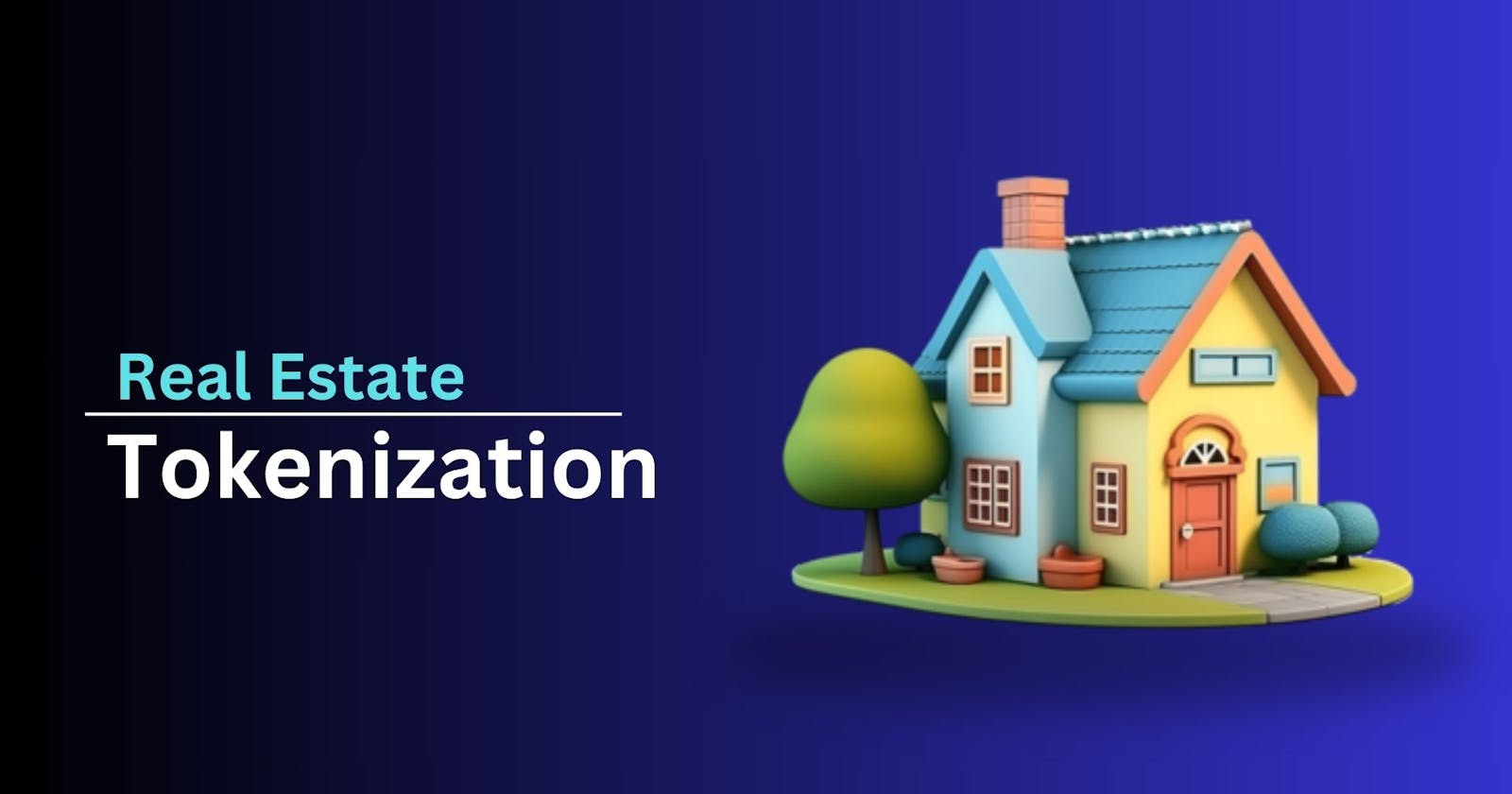What is a token?
As we explain a token is a virtual currency or digital medium of exchange that uses strong cryptography to secure transactions, control the creation of additional units. The token is issued by a private entity on a blockchain (for example, on Bitcoin) and serves to provide digital value to a physical service or product.
As illustrated by the College of Economists of Madrid, a token could be considered a casino chip : each establishment assigns the value it considers appropriate and they are only used to be used in that specific location. The difference is that the token is digital and not physical, and is issued under specific conditions ( smart contracts , in “tokenian” jargon) so that its value may change over time or its exchange for currency in currency may be subject to an expiration or to a condition.
What is tokenization?
Tokenizing is digitally representing a value or right, such as the right to own property, and incorporating it into a blockchain materialized in the form of tokens. This was explained by Alfredo Muñoz, legal advisor of the CrypoLab of the consulting firm Grant Thornton, during the conference on Tokenization of real estate assets. Keys and challenges for 2023 , organized in October 2022.
Fran Villalba, founder and director of Internxt, a company that has its own token in several markets, highlights to Newtral.es that this tokenization allows:
Liquidity
Create liquid markets where they were previously illiquid, that is, markets in which many daily operations occur, without paperwork, bureaucracy, bureaucracy and without the need to go through the notary.
Accessibility
Anyone can buy a token at a low cost and pass it on to someone else.
But there are also drawbacks to tokenization, as Javier Pascual, lawyer and partner in the Fintech area of ALEDRA and blockchain expert, explains to Newtral.es :
The lack of security
Blockchain technology is in its infancy and institutions do not yet control or regulate this space.
How is tokenization regulated?
There is no generic regulation of tokens, but there are specific sector regulations that recognize tokens as a way of operating, although none yet exist for real estate. The latter was approved by the European Commission in May 2022 with the aim of establishing a controlled testing space or regulatory sandbox to experiment with the use of decentralized registry technologies (such as blockchain ) in the infrastructures of financial markets and provide evidence. for a possible subsequent permanent regime. In Spain, it will be the CNMV that monitors these tests and begins to work on establishing future bases.
So what is real estate tokenization?
Real estate tokenization means converting the right to that physical asset into a token that is then sold on the market for a certain price. “A right of property, usufruct, use, participation in a society, can be represented and incorporated in a blockchain ” and materialized in the form of tokens, Muñoz explained at the conference on tokenization.
What is the limit?
In no case does a token represent a percentage of the ownership of the property. “We can tokenize registered real estate assets, but without effect on the real right, which is housed in the Property Registry,” the CrypoLab legal advisor indicated in this regard.
“Our property rights are strongly regulated and both the granting and modification, transfer, or termination of these rights require a public document,” Pascual explains . That is, the regulations in Spain would have to be substantially modified to be able to tokenize the ownership of the property.
And therein lies the main criticism of tokenization in the real estate market. The registered owner of the home is not the person who has acquired a token, so if the owner company goes bankrupt, the value of the token also sinks.
Despite the limitations imposed by law in the real estate sector, which does not allow the transmission of tokens that represent real rights, there are projects in Spain with legal certainty that are applying this type of technology to investment in brick:
Tokenize participatory loans that will be used to purchase a property. The person who acquires the token has the right to receive, in exchange for his or her contribution, the income derived from the rental of the property and, where appropriate, the capital gain from its sale after a certain time.Tokenize shares of a company whose objective is the purchase of a property.
Tokenize the right to acquire a home in the future . A real estate developer converts the reservation of each of the floors that make up a residential tower on its property into a token. In this way, when a person acquires the token, they are purchasing the purchase option on that specific home. After the time stipulated in the smart contract, the person becomes the owner of the apartment.
